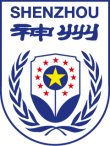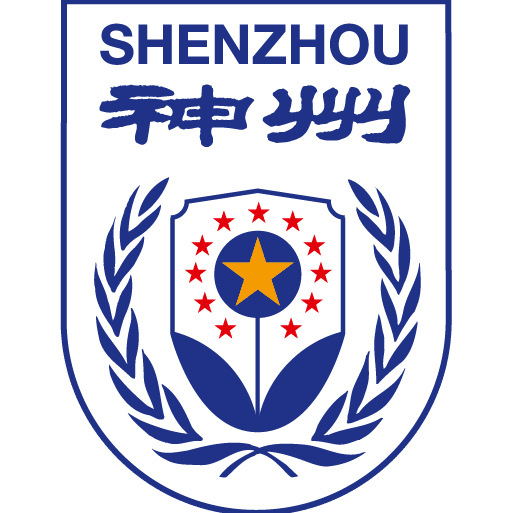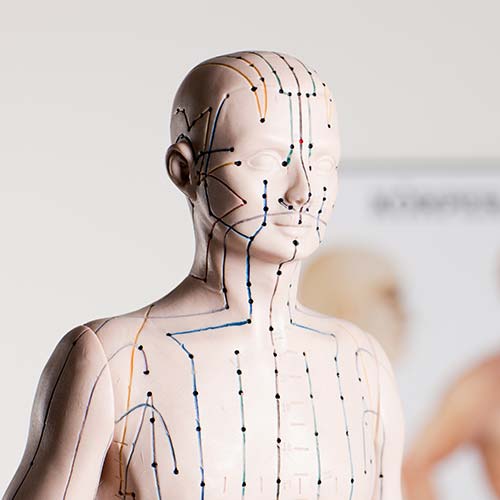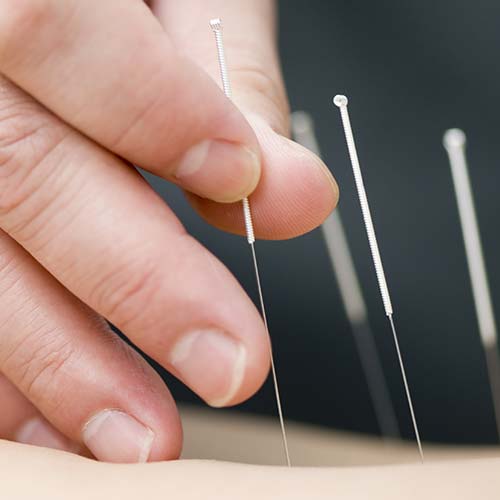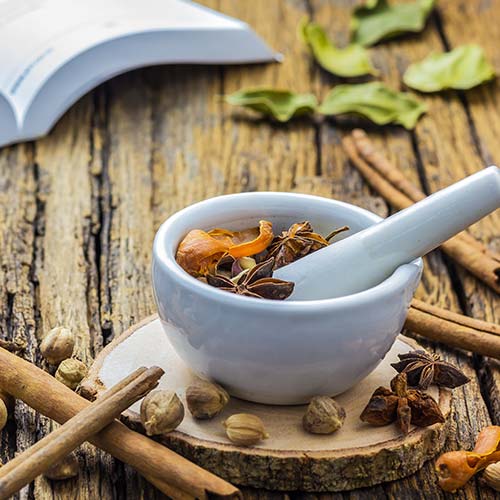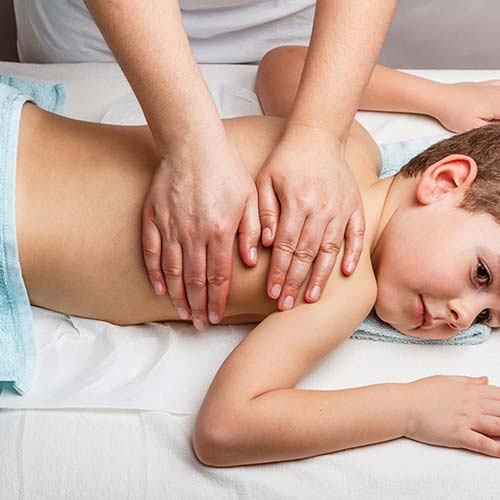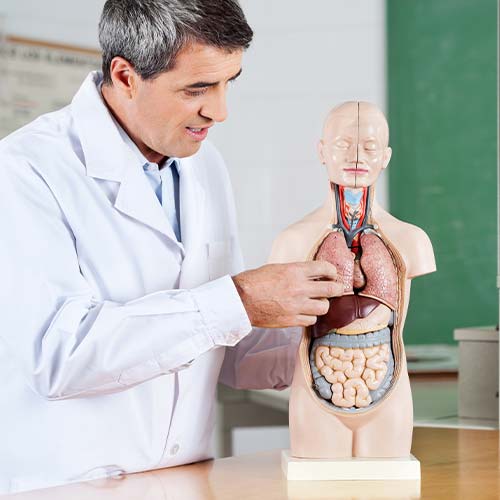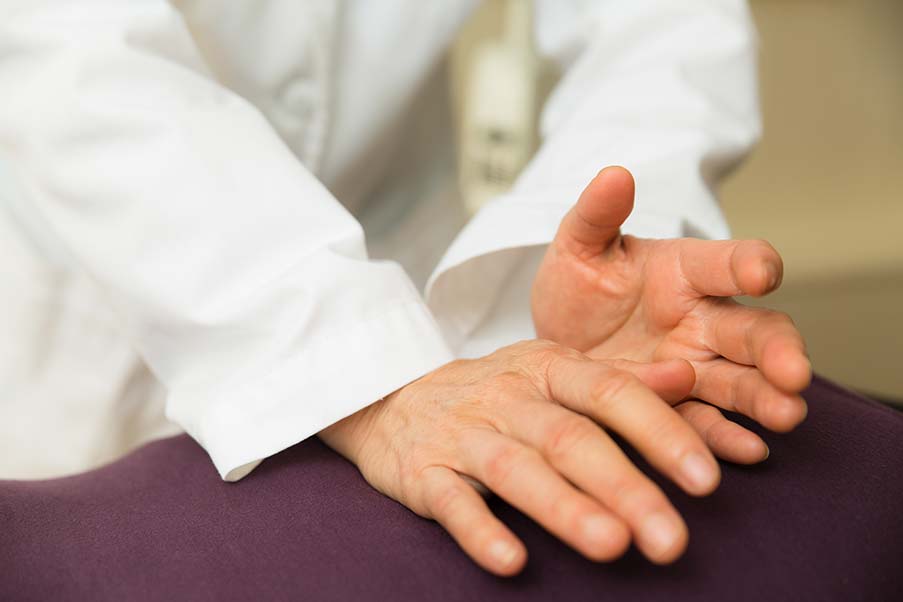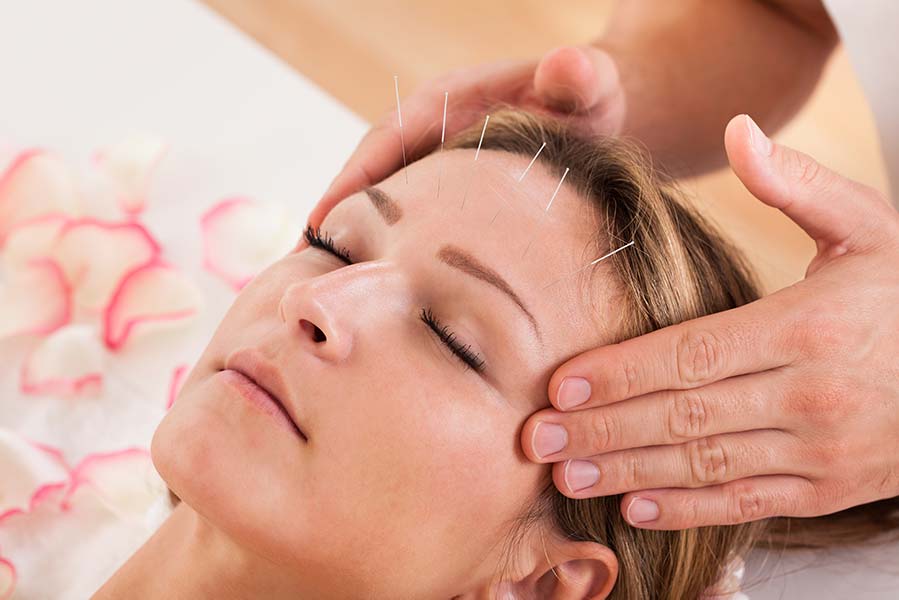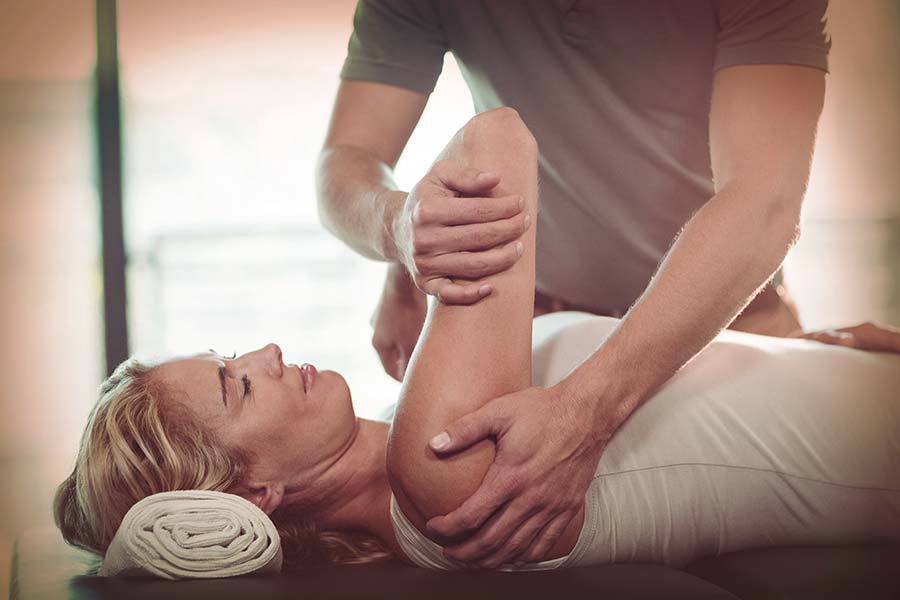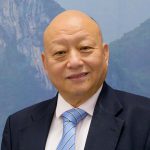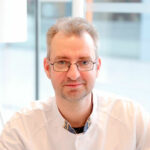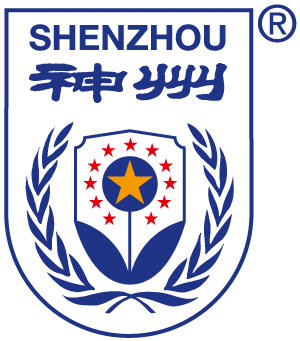Tuina Course: Chinese medicinal massage
This course provides students with comprehensive training in commonly used techniques for treating a variety of clinical conditions. It covers two key areas: adult Tuina and pediatric Tuina. The course spans three years, with the following prerequisites:
- Year One: Completion of the Foundations of Chinese Medicine.
- Year Two: Completion of the Acupuncture 1st year course.
- Year Three: Focus on Tuina massage techniques and treatments.
This structure ensures that students build a solid foundation before advancing to hands-on Tuina massage practice.
- RAccredited by SNRO
- RExperienced lecturer team
- RInteractive Practice groups
- RApprenticeships in our own clinic
Become a certified Tuina therapist
After completing the Foundations of Chinese Medicine, this Tuina course is for two years. If you have completed the first year of Acupuncture, or the entire Acupuncture course, you can immediately begin in the second year.
In addition to teacher contact hours, students are required to practise the Tuina techniques with fellow students during the interactive practice. During clinical apprenticeship, students get the opportunity to learn from experienced Tuina therapists as well. Students are required to write a thesis to finish their final year
"Using Tuina massage and manipulation techniques to treat your patients even more effectively"
Meet your teachers
Below is a brief introduction of the teachers of the Acupuncture Course. On the page Teachers and internship supervisors you will find an extensive introduction of all teachers.
Bas Aarts will be the assistant and interpreter during the course.
Baoshun Shi
Baoshun Shi graduated from the Beijing College of Traditional Chinese Medicine. He was taught by famous Chinese medicine massage, acupuncture and orthopedic experts and studied under Professor Shuchun Sun, a famous Chinese medicine expert in China. Baoshun Shi has worked in the Institute of Orthopaedics and Traumatology of China Academy of Traditional Chinese Medicine and the China-Japan International Acupuncture and Tuina Clinic.
Bas Aarts
Drs. B.A.S. Aarts graduated in Sinology (Language and Culture of China) at the University of Leiden and studied acupuncture in Beijing for three years at the Beijing Zhongyi Yao Daxue University. Back in the Netherlands, he worked at Shenzhou as an interpreter from 2003 and got to know Mr. Shi there.
Be inspired to learn more about what Shenzhou Open University of TCM has to offer and are ready to embrace a new career path in your life.
Practical information about the Tuina Course
Lesson Program
Subjects of the 1st year of Tuina course
- History of Acupuncture and Moxibustion
- Introduction to meridian systems
- Theories of the “Specific Acupuncture Points”
- Essential knowledge of meridians and acupuncture points including fourteen meridian pathways; location, functions and clinical indications of commonly used acupuncture points
- Acupuncture needling techniques
- Moxibustion and Cupping
- Ear-, Scalp-, Electro Acupuncture
- Basic acupuncture point combinations
Subjects of the 2nd year of Tuina course
- Introduction to history, principles and theories of Tuina therapy
- Tuina manipulation techniques
- Paediatric Tuina: specific points used for children
- Paediatric Tuina: specific manipulations techniques used
for children - Tuina treatments for adults with various diseases
- Tuina treatments for children with various diseases
- ‘Walk steadily over the bridge’: from class to clinic
Practice and Internship
After completing the Foundations of Chinese Medicine, during every weekend of the first and second year of Tuina, there is a lot of practical training. Getting to know the course of the meridians, locating points and learning to apply needling techniques, moxa and cupping, are mostly trained in the first year. In the second year, the emphasis is mainly on case analyses and live diagnosing and treating patients. All this is done in class as well as in smaller groups under the supervision of the teachers.
In addition to the classes, the students follow a fixed number of hours of internship in acupuncture and/or Tuina clinics. This is possible both internally at Shenzhou and externally. The total number of hours of clinical internship is 280 hours.
2024-2025 Class Schedule (preliminary)
Time 10.00 – 17.00 hr.
2024
- September 7+8
- October 19+20
- November 9+10
- December 14+15
2025
- January 25+26
- February 22+23
- March 22+23
- April 12+13
- May 24+25
- June:14+15
- July Final Exam
Please note: we plan our courses carefully but unforeseen situations can occur during the study year. Therefore schedules are subject to change. Shenzhou reserves the right to modify the schedule at all times. Courses might be suspended in case the number of registered students is insufficient.
Study requirements
Each TCM education has the following study requirements:
- Teacher contact study
- Self study
- E-learning
- Clinical apprenticeship
- Interactive practice
- Literature study group
- Portfolio
- Examination
This means that in addition to the ten teaching weekends per study year, the student needs to spend a substantial time for self-study, (practical) group study and apprenticeship.
Study material and study books
Students have to purchase a number of books and for Western Medicine, a mandatory reader. Extended syllabi will be distributed during the course via the student-site.
Below, only the mandatory study books are listed. After registration you will also receive a list of books which are optional.
Please do not purchase books from this list before your registration.After your registration our study coordinators will inform you about the most recent list of mandatory books with additional information such as edition and ISBN numbers!
- Tui Na: A Manual of Chinese Massage Therapy, Sarah Pritchard
- Hand-outs, Shenzhou Open University of TCM
Accreditation
All our English and Dutch TCM-programmes have been fully accredited by the independent accreditation organisation SNRO with 200 EC according to the newest higher professional education standards (HBO).
Together with our SNRO accredited Western Medicine courses this leads to a total of 240 EC. This enables our graduates to operate at a similar level as HBO bachelor graduates in the Dutch health care system as well as being able to give VAT-free health treatments.
